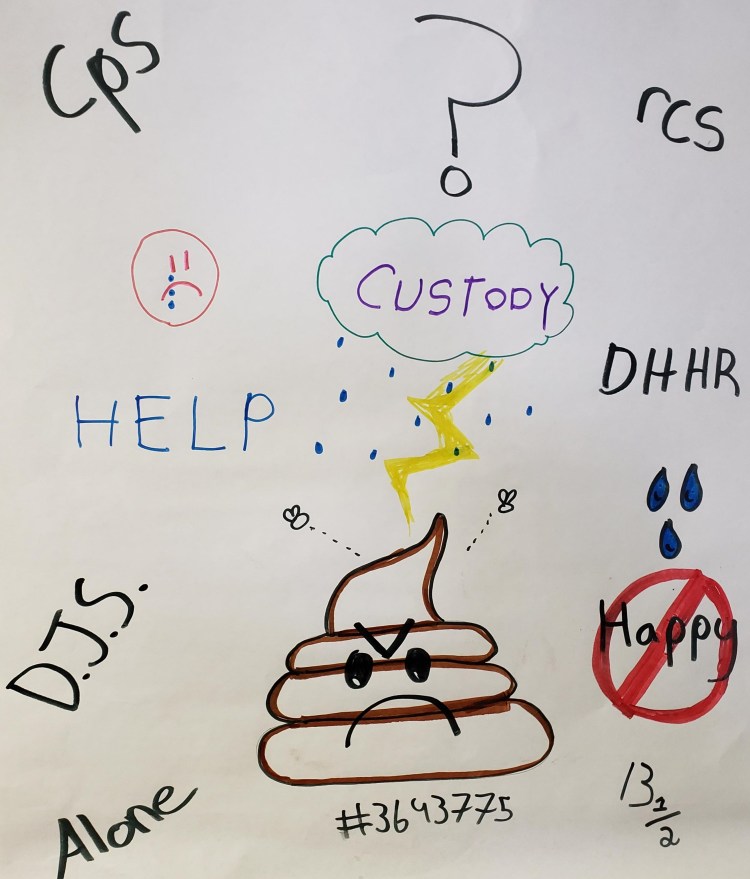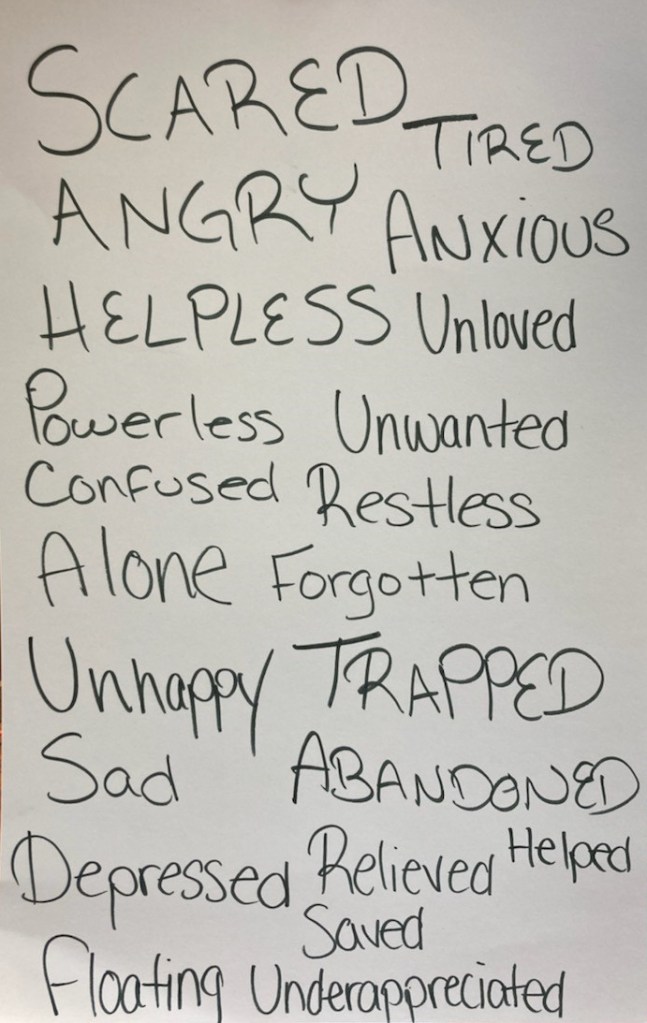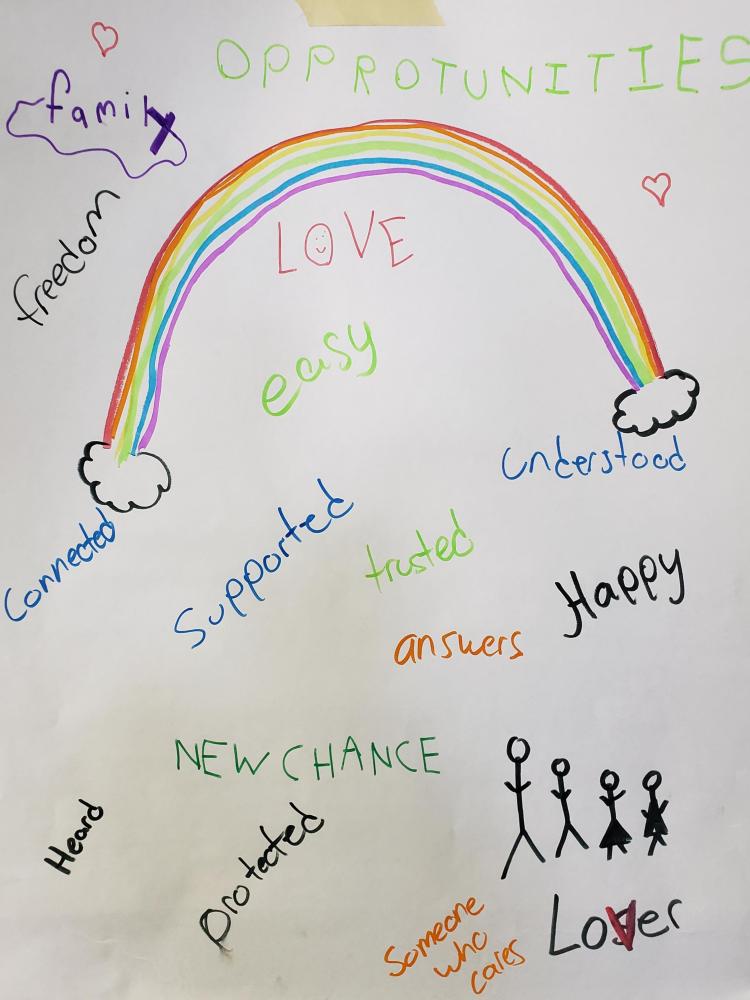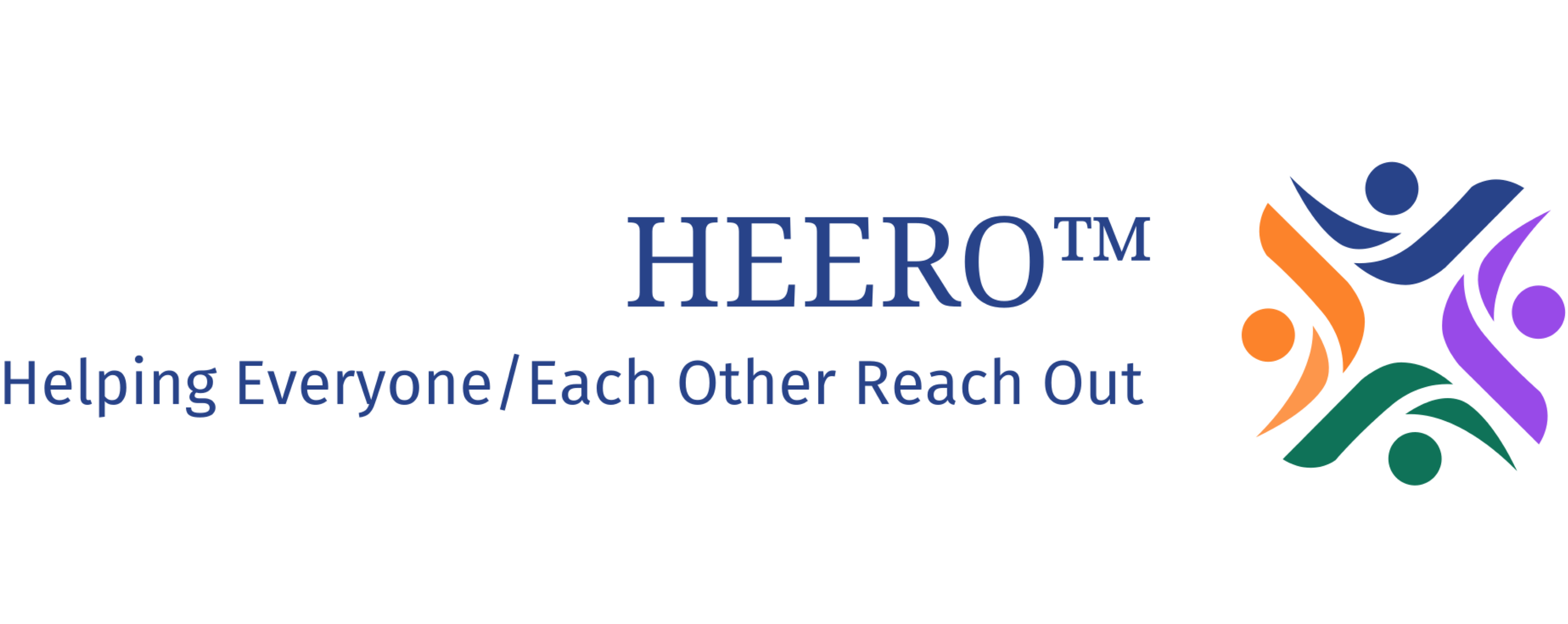HEERO™ is a practice approach aimed at identifying and building lifelong networks of support. It is not an event, a one-time workshop, or a meeting. It is an ongoing process based on the principle that everyone needs and deserves people they can rely on.
THE WHY
HEERO™ was developed in response to the near epidemic levels of loneliness and associated negative outcomes for youth involved in child welfare related care and juvenile justice systems. Youth leaving these services are at significant risk for grave outcomes, including: poor health and mental health; housing instability; underemployment; undereducated and systems dependent. They leave with an increased likelihood of involvement with the adult criminal justice systems, as a parent involved with the child welfare system, or worse off, risk of early death. As they grow up, they become adults disconnected from others and living with the negative health and social consequences of those outcomes. Through no fault of their own.
As systems, this is not what we set out to achieve. We must do better.
Youth experiences in the systems


THE HOW
Provide the Tools:
The tools used throughout the HEERO™ approach are intentionally designed to encourage service providers and participants to consider relationships at the centre of a person’s wellbeing. Often times we hear staff say “they don’t have anyone” or youth say “I have no one”. The reality is that when afforded the opportunity to identify important people and given tools that frame asking questions differently, we see that relationships are everywhere.
Mobilize the Capacity of Youth and Families:
HEERO™ asks “If the system is not supporting youth to leave connected and setup for positive outcomes, can the youth and families do it themselves?” The answer – YES! Youth and their families have the capacity. HEERO™ helps them to achieve this by employing peer navigators as co-facilitators and leaders of the process. People with lived experience walking alongside to support others in building their network.
Offer the Setting:
Workshops – Act as a catalyst for participants to empower one another as opposed to doing the work in continued isolation. Through guided activities participants spend time exploring their courage, identifying “their” people, learning how to reach out, and re-designing the future they would like for themselves and the people who they would like to support them on their journey.
Network Meetings – A participant driven forum to bring together their network, strengthen relationships, and to seek the network’s help around their unmet needs from a place of love and caring. It is made up of family, friends, kin, and other informal supports whom the participants identify.
Peer Support Meetings – An avenue for participants of similar lived experiences to consider barriers, worries, and hope. Here participants who are at various stages of developing their networks can encourage and challenge one another.
If youth could design the systems


